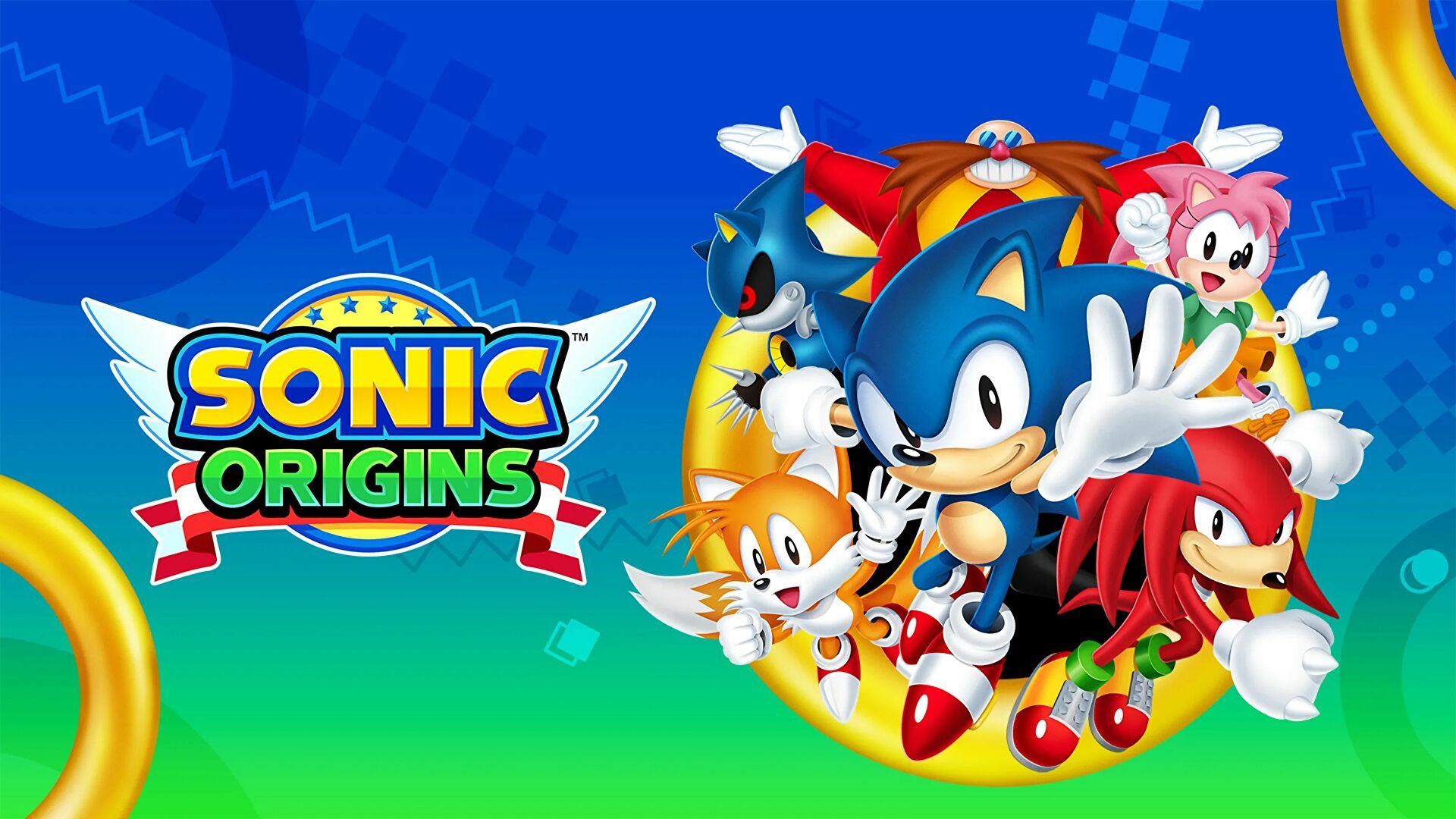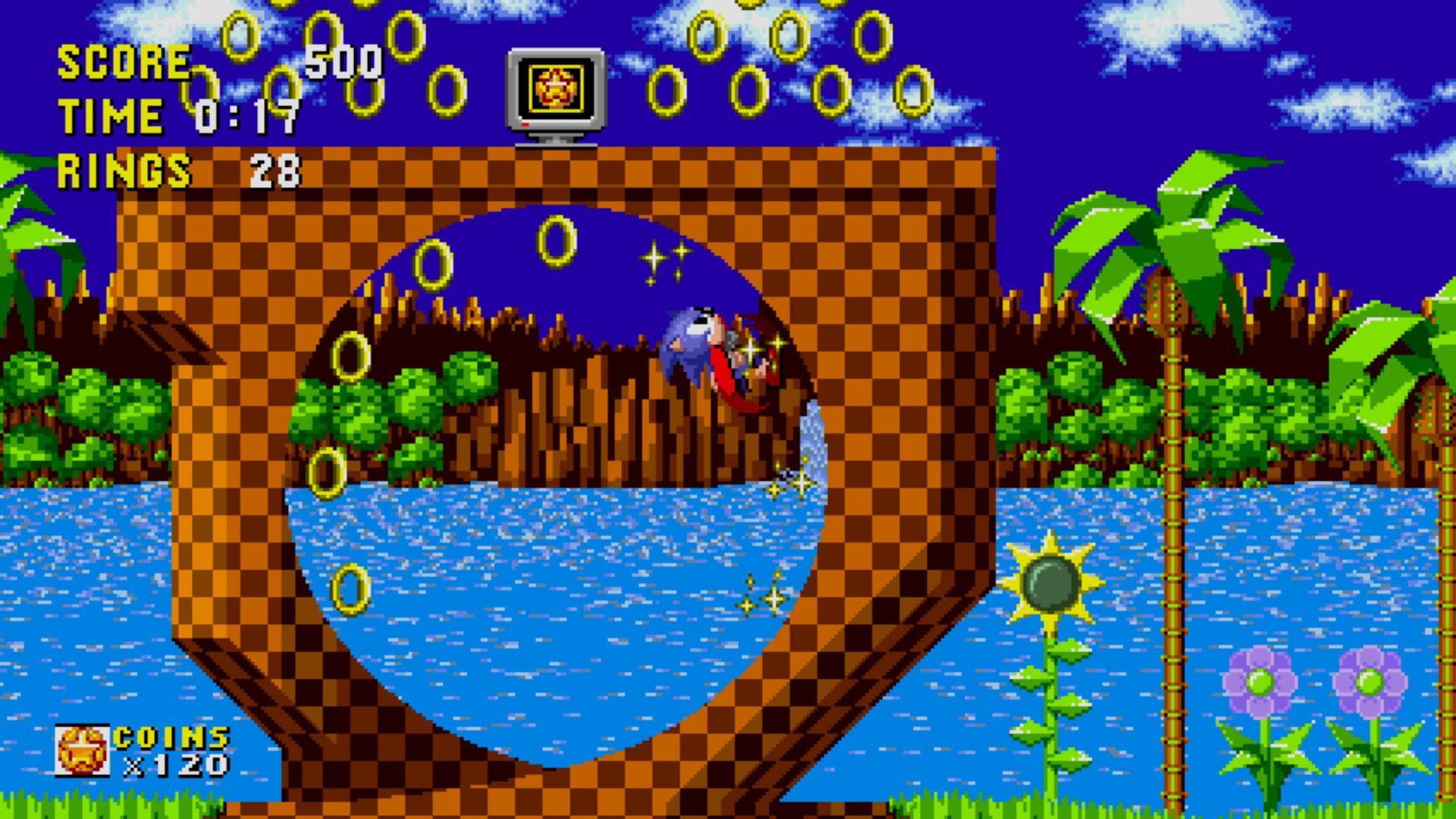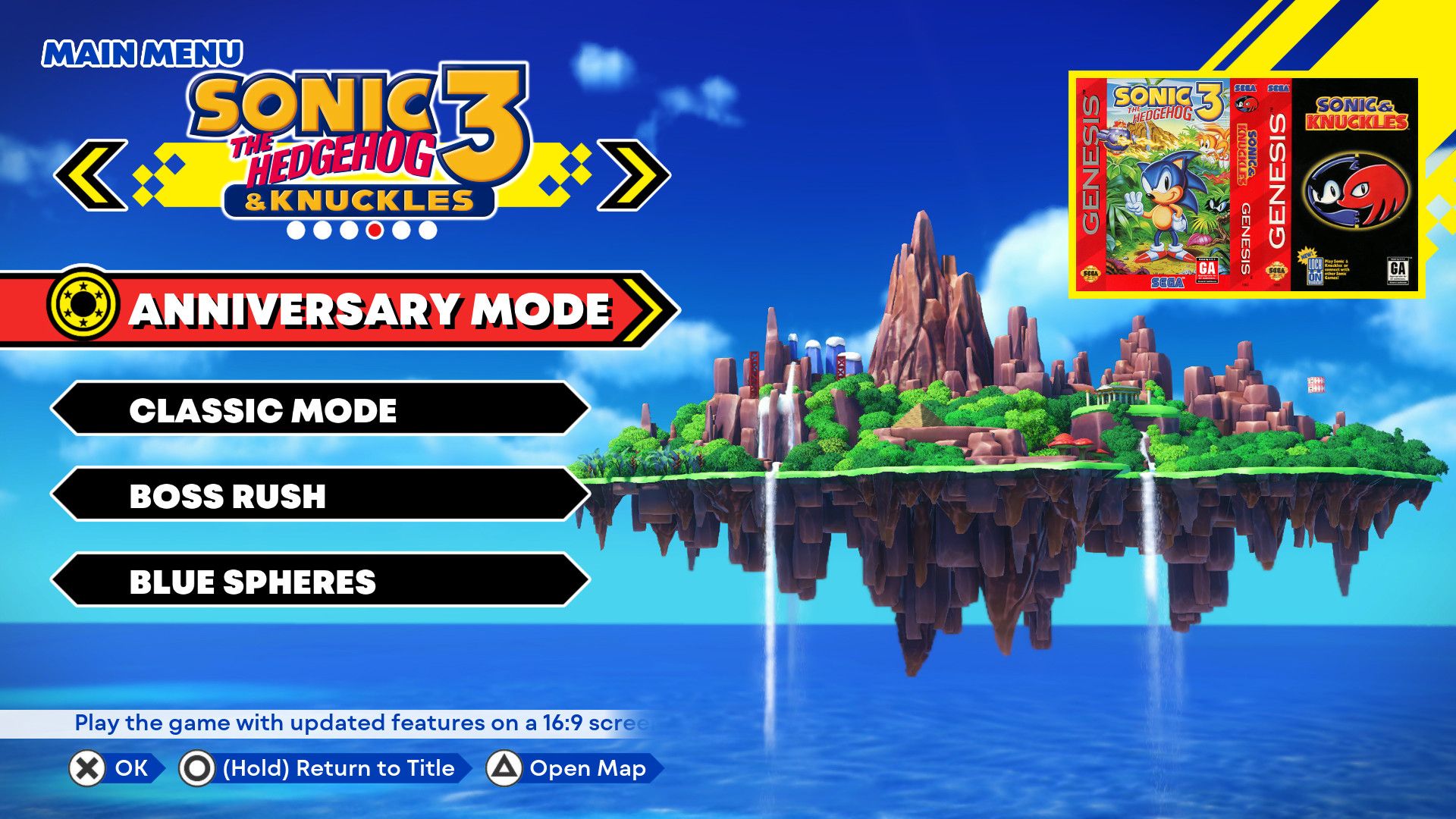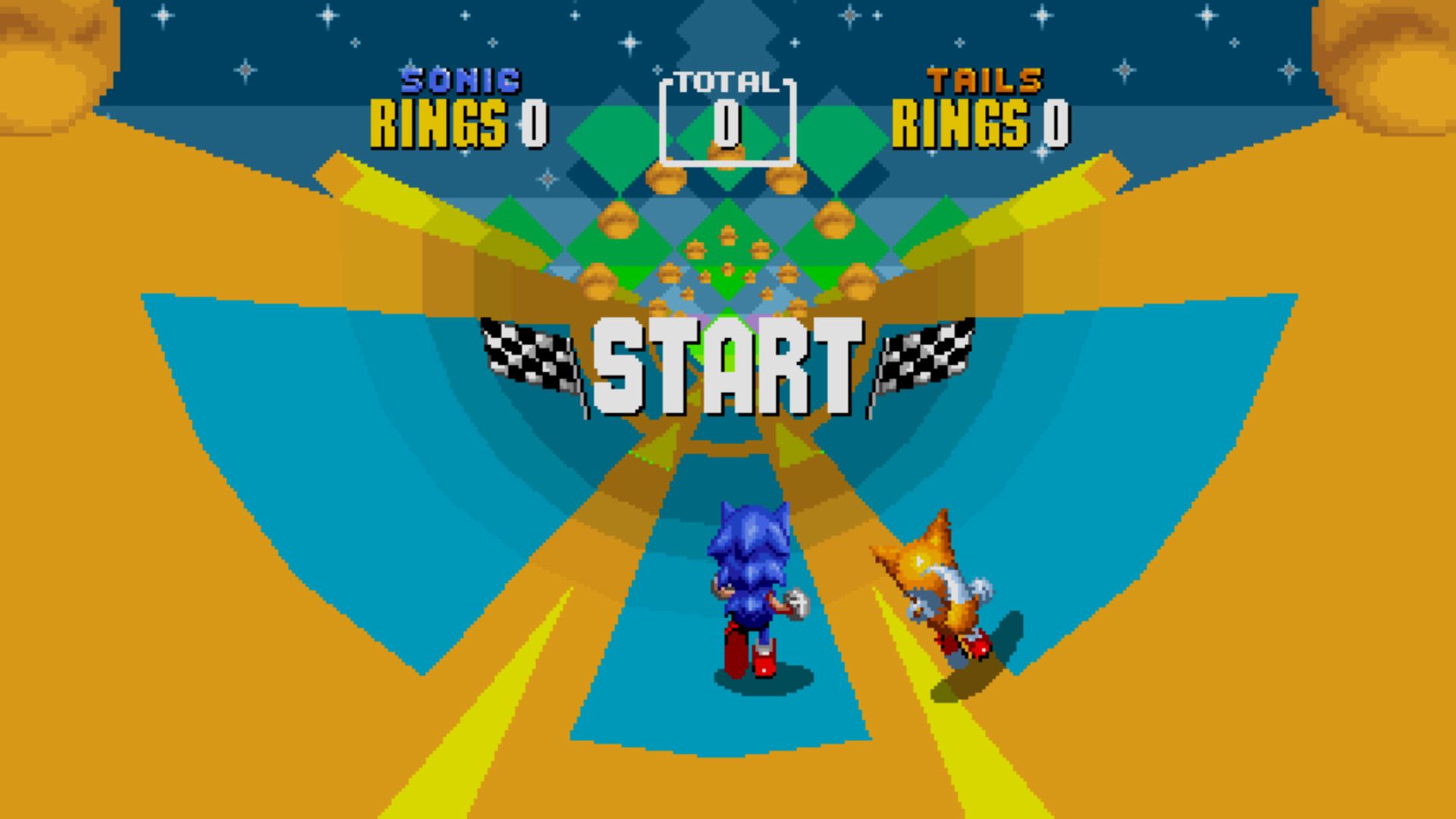Game preservation continues to be a problem. On the same day Sony announces the formation of a preservation team designed to care for its own legacy, Sega spits in the face of the Blue Blur by delisting a huge selection of games purely because it deems them irrelevant in the face of a coming remaster. From a commercial perspective this makes sense, but it also guarantees that unless players are keen to emulate, there will soon be no way to enjoy these games in their original form. That’s a big problem.
The company sent out a press release earlier this week confirming it will soon be delisting Sonic the Hedgehog 1, 2, Sonic 3 & Knuckles and Sonic CD across all platforms, except its availability as part of existing collections and Nintendo Switch Online. Sending out a clear message to press was likely a way for Sega to save itself from potential backlash, knowing that in the past companies like Square Enix, Sony, and Capcom have removed games on the sly, hoping to permanently replace them with reissues or remasters because in their eyes, these are now the definitive ways to experience the games.
But that isn’t always true, as we’ve seen time and time again with mediocre revivals that either fail to live up to the original game’s quality or deliver upgrades that dilute the spirit of them entirely. Remastering classics will always be a double-edged sword, and while I understand the removal of existing titles to avoid confusion and capitalise on profits, directly telling us there is only one way to play, and we should be appreciative of that fact and accept it without complaint feels like corporate malice.It further reveals how we as a medium are still unaware of our own legacy and the importance of maintaining it.
Films, music, and television have always been keen to avoid piracy and ensure consumers are experiencing them through legitimate means, but it also didn’t throw all the VHS and DVD copies into a giant fire the moment Blu-ray came along. All these industries recognise the importance of history, and the steps taken in the past that made how far we’ve come possible in the first place. They come to a conclusion that our own legacy matters, and failing to acknowledge that will see us losing ourselves. Hollywood is a cynical corporate nightmare too, but at least it’s more transparent in how soulless it can be. Games on the other hand try to present themselves as righteous one moment, before removing classic games from storefronts and flaunting NFTs the next. It’s woefully contradictory.
The most damning example of this is the Silent Hill HD Collection. We’ve known for years now that Konami is indifferent towards video games, with only a few awful reboots and eFootball to its name after kicking almost everything else to the curb. But back in 2012 there was still hope, it was the days before Metal Gear Solid 5 and Silent Hills, before the company would fully embrace the world of Pachinko and NFTs instead of taking advantage of the generous back catalogue it has amassed over the years. Silent Hill 2 & 3 remain two of the most beloved survival horror games of all time, bonafide classics that still manage to unsettle and surprise to this day. They’re adored by fans around the world, so the idea of an updated collection that sought to make them playable and improved on modern platforms was so exciting at the time. Unfortunately, the end result was borderline sacrilege.
Instead of tackling the project themselves, Konami outsourced both games to a small development house that butchered them. Graphics were upgraded without taking into account certain effects like fog and draw distance, turning the once terrifying town into a laughably pristine shadow of its former self. Voice acting, framerate, controls, and so much more were changed in ways that felt completely unnecessary, almost as if the team behind this remaster had never played the originals or had any knowledge of what made them so iconic. By this time there hadn’t been a decent Silent Hill game in years, so fans were all but hoping the HD Collection would reignite a passion for the series, glancing back at the glory days before pushing onto something new. That didn’t happen, and the property is still hurting from this failure even today. Both games aren’t easily accessible on current platforms either, so newcomers to the series could experience them for the first time through a dodgy remaster that doesn’t represent what they’re capable of in the slightest.
This brings me back to Sonic Origins. I’ve full confidence that Sega will produce a collection that not only pays appropriate homage to the original games, but updates them in a way that allows them to shine in the hands of both newcomers and veterans alike. The publisher has pulled off similar feats before, but the end product of such endeavours isn’t the point. Robbing us of purchasing potential products in their original form or removing the agency of existing ownership is a problem in itself, and a declaration that market dominance and steering us towards games that guarantee a profit will always sit above artistic merit.
Games consistently fail to recognise the importance of preservation, and how this relatively young medium risks losing itself entirely as live services and remasters grow increasingly common in order to capitalise on user retention and the bittersweet appeal of nostalgia. I’ve written articles like this before, and I undoubtedly will again, since this issue shows no signs of solving itself so long as our drive for creativity continues to stagnate. We can do better.




